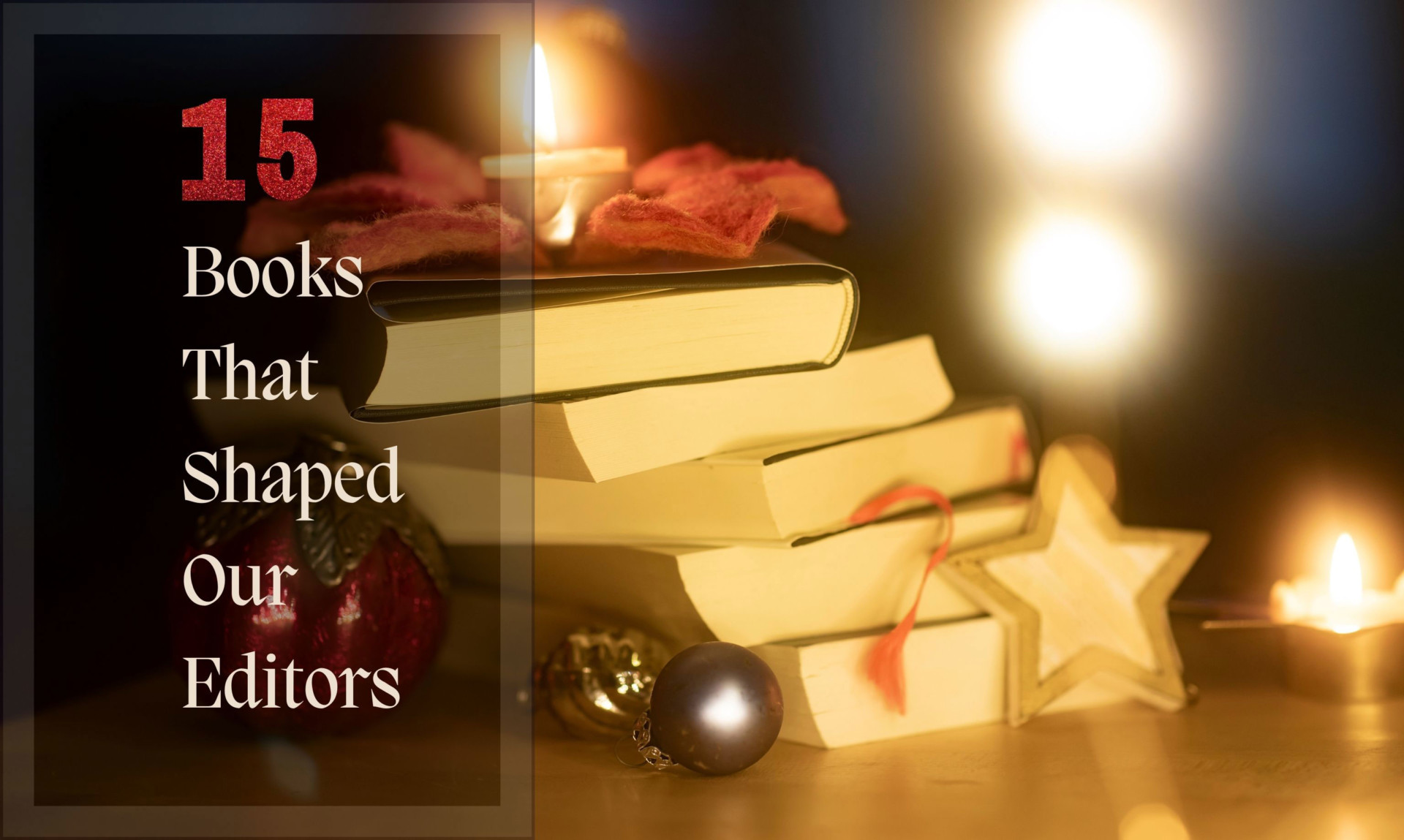“Quiet Flows the Una,” by Faruk Sehic
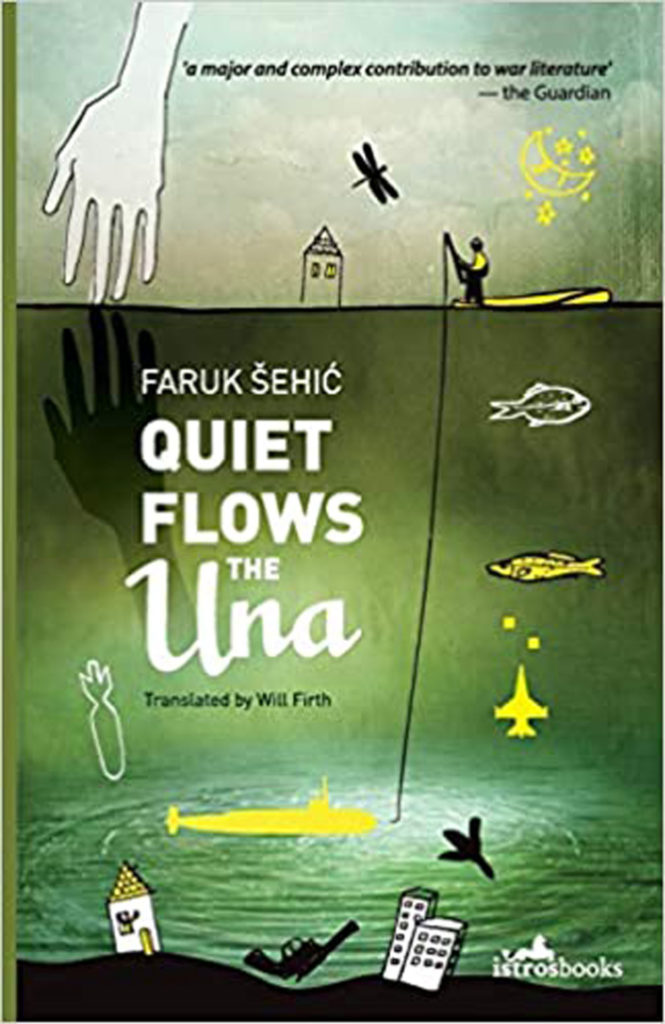
Riada Asimovic Akyol, Contributing Editor
As far as books go, I would absolutely recommend Bosnian writer Faruk Sehic and all of his work. But, if I could pick one to start with, I’d say go with “Quiet Flows the Una,” an autobiographical novel that was awarded the EU Prize for Literature in 2013. Sehic is a veteran of the international armed conflict in Bosnia and Herzegovina (1992-1995), and this book is about a man trying to overcome the personal trauma caused by the war. I don’t want to give away too much, but the book is full of poetic and meditative prose, poetic descriptions of nature, and beauty in the face of death and destruction.
“A Conflict of Visions,” by Thomas Sowell
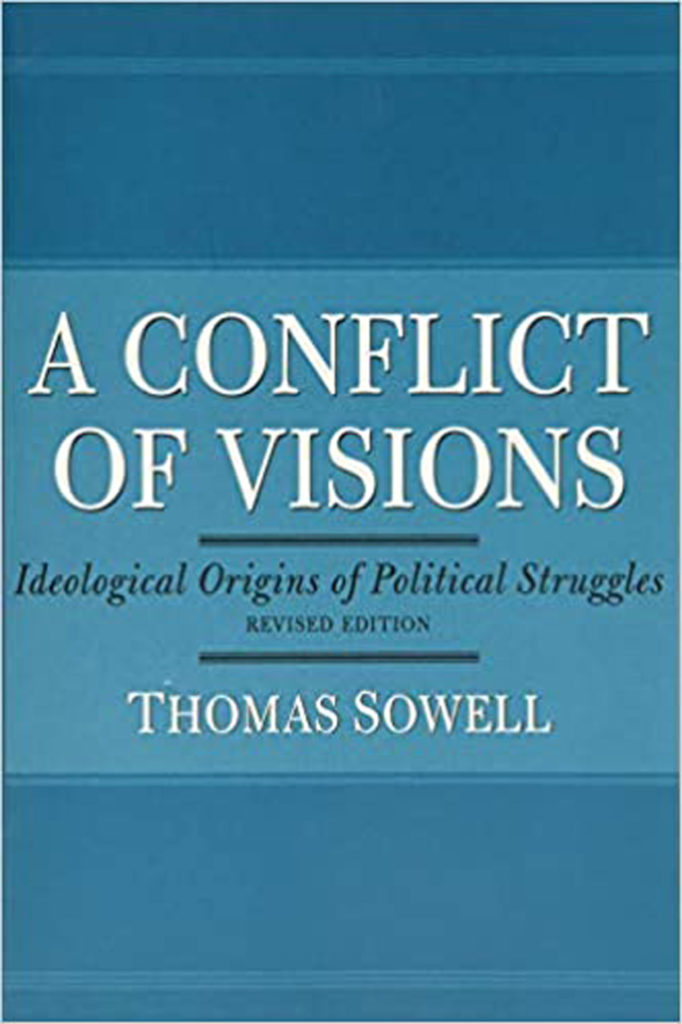
Kevin Blankinship, Contributing Editor
I can’t remember a time before I read “A Conflict of Visions” by Thomas Sowell. That’s how much it changed me. It’s woven into the fabric of my thought and speech, coming out at odd times. Why do people argue politics, the question goes, even when the issues vary and don’t seem connected? For Sowell it goes back to human nature. Or at least, to how we see human nature. Some people take an “unconstrained” or “utopian” vision of humans as malleable and basically good, even perfectible, with a few of them — society’s rightful leaders — being further along the path of perfection than others. And some have a “constrained” or “tragic” vision, where humans are unchangingly flawed, self-interested creatures who need their baser impulses checked; compromise is vital because there are no ideal solutions, only trade-offs. “Constrained” versus “unconstrained” is the conflict in Sowell’s title. Its implications for justice, equality and power are vast, but only to those — especially on the progressive Left — willing to learn from a conservative like Sowell. Less partisan than his other books, “A Conflict of Visions” has much to say for those with ears to hear.
“Anna Karenina,” by Leo Tolstoy
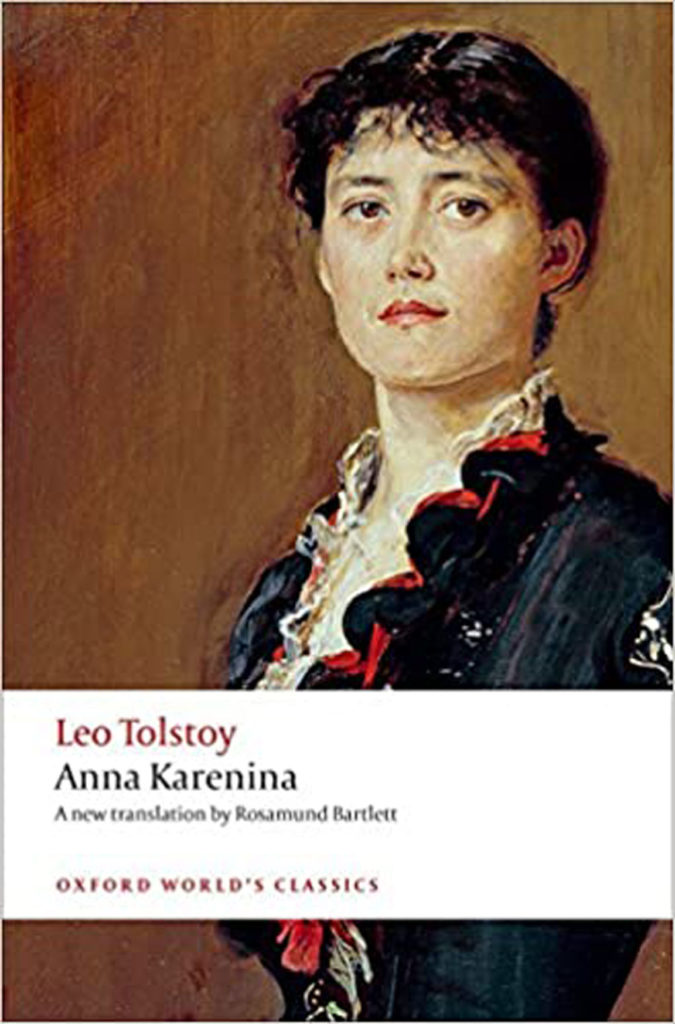
Courtney Dobson, Senior Editor
Anna Karenina is a tragic love story between Anna and her lover, Count Vronsky, written by Leo Tolstoy and set in late 19th century Russia. A widely acclaimed novel, it needs no further endorsement here. But of the books I’ve read over the years, this one stands out in part because it is one of my favorites and because of the point in my life when I read it. I had recently graduated from university and was working in a suffocatingly boring job, ill-suited to my interests or skill set. It was not long since my first trip to Russia and shortly before I decided to pursue Russia studies in graduate school. A beautiful novel, Anna Karenina, for me, is also part of my long fascination with Russia.
“This is How You Lose the Time War,” by Amal El-Mohtar and Max Gladstone
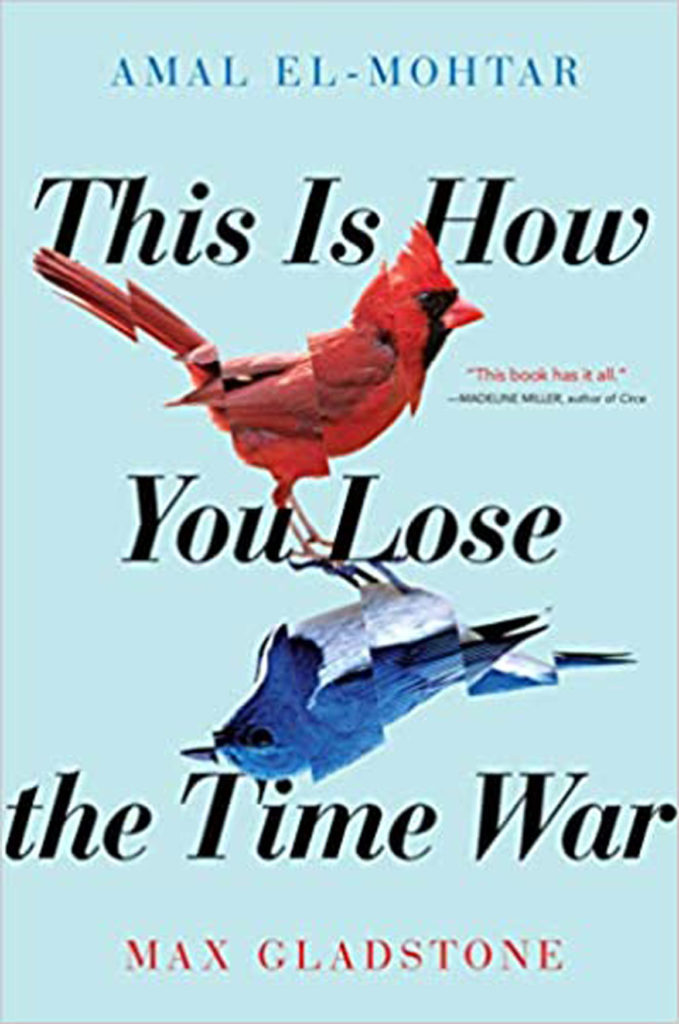
Rasha Elass, Editorial Director
A love story universal in its theme but set in a fantastical context of time travel and disembodiment, it unfolds with beautiful prose and a narrative so captivating you will not want to put it down before you finish it. And when you’ve finished it, you will want to read it all over again.
“A House of Many Mansions,” by Kamal Salibi
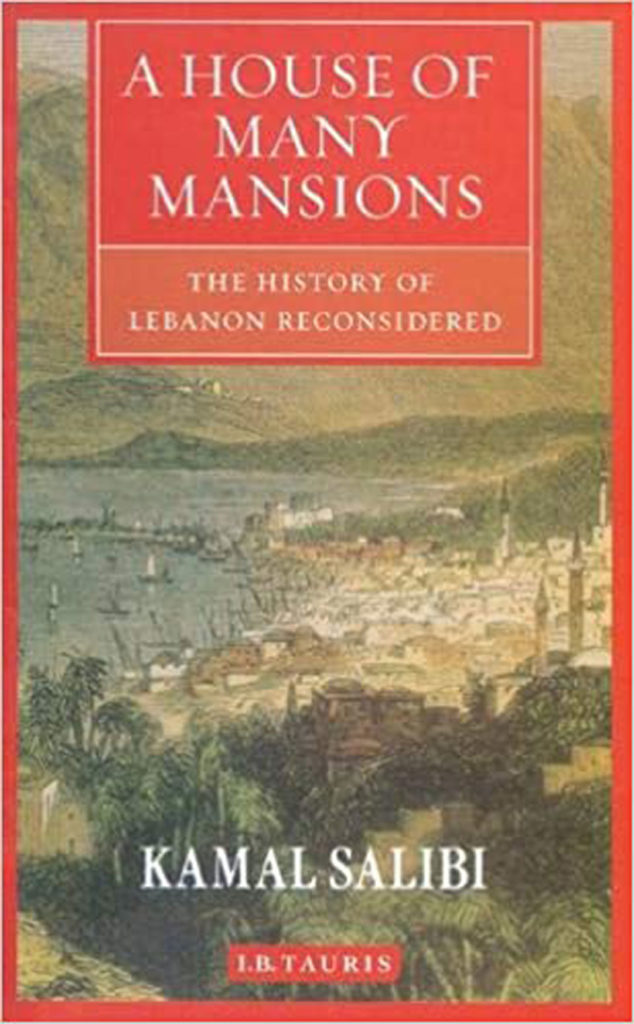
Anthony Elghossain, Contributing Editor
Let me tell you a story about a man who loved stories. When I was a freshman at the American University of Beirut, I decided to tackle a subject that had consumed me since I was 6 (yes, 6!): Why were different Lebanese and Lebanese-origin people treating my sense of the place as the product, purely, of an identity they insisted I had? Dusting off a worn-out copy of “A House of Many Mansions,” read and reread at my father’s insistence before I’d hit puberty, I went on exploring Maronite idea(s) of themselves and of Lebanon(s). After watching me tear through that book at every lunch break for about a month, a friend — the son of another professor, and a classmate writing about the Druze — lost patience one day. “Why don’t you just meet the man?” he said. “I will take you to his house. You can talk to him. Enough.” (Say what?! This prick had been holding out.) After escaping the chokehold of a hug I gave him in excitement, this friend — Tarek — took me to Salibi’s apartment off Bliss Street. We had ourselves quite the day. Dressed in a sweater, the man exuded what can only be described as enlightened warmth. His apartment did, too. Pouring me a whiskey, and then another, Salibi talked to us — literally still boys — for hours and hours. He kept insisting on turning off the recorder, to share this or that bit of sensitive perspective, only to then grin, flick the button, and repeat (most of) his secrets on record. He kept insisting he could not stay long, while we kept insisting that we had to be going, and yet he basically spent a day and evening doing what all wise teachers do: Not bidding us “to enter the house of his wisdom,” as Gibran put it, he instead took us to the threshold of our own minds. In Lebanon, there are indeed many mansions. And ours is still a house of many teachers, from the harsh men who rule the land to the warm folks who extend helping hands. Salibi was this sort of teacher to many people, including those who did not agree with him or — perhaps — sensed that he, too, was trapped on a page that could be written by him and yet only read by others.
“Hallaj: Poems of a Sufi Martyr,” Translated from Arabic by Carl W. Ernst
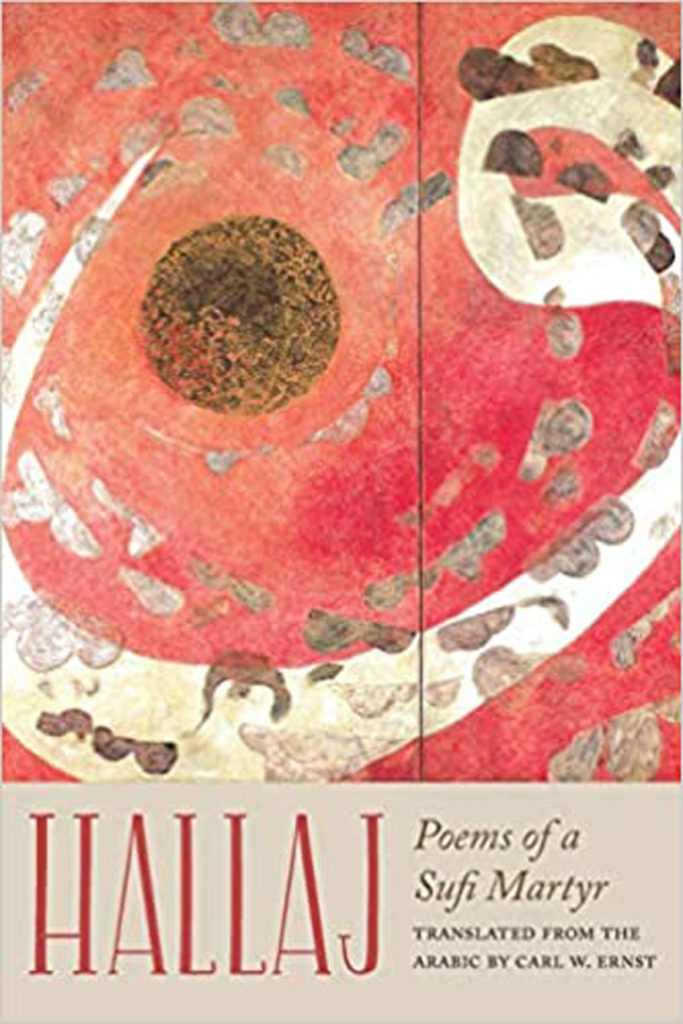
Hassan Hassan, Editor in Chief
I read the poetry of the 9th-century Persian mystic poet and philosopher Mansur Hallaj at a formative stage of my life, during my undergraduate studies in Damascus in the early 2000s. At the time, Syria had just had a new president, who briefly opened up the country, with the internet, books and discussion forums more widely available than before. Openness also meant access to radical ideas, and Hallaj was a positive counter to some of the ideas I was exposed to as a young and curious student who had just arrived in the capital from the most rural of rural Syria. Hallaj wrote Sufi poetry that was deemed heretical by the clerical establishment of his time and ended up being executed for blasphemies such as “I am the Truth,” his general disdain for religious rituals in favor of spirituality and transcendence, and ostensibly pantheistic references like “We’re two Spirits incarnated in one flesh.” In one of the lines he wrote before his execution, he says: “Kill me, my faithful people, for my life will begin with my killing.” It struck me that he was a deeply religious person who studied under the most recognized and established Sufi scholar, Junaid al-Baghdadi. He memorized the Quran in its entirety during his childhood and, reading his poetry, it was obvious he was describing a profound religious experience. Yet clerics still crucified him because they deemed those words heretical, and that was enough for me to demonstrate the perils of extremist religious thinking. That realization helped me along the way, and I still memorize much of his poetry two decades later.
“On Boxing,” by Joyce Carol Oates
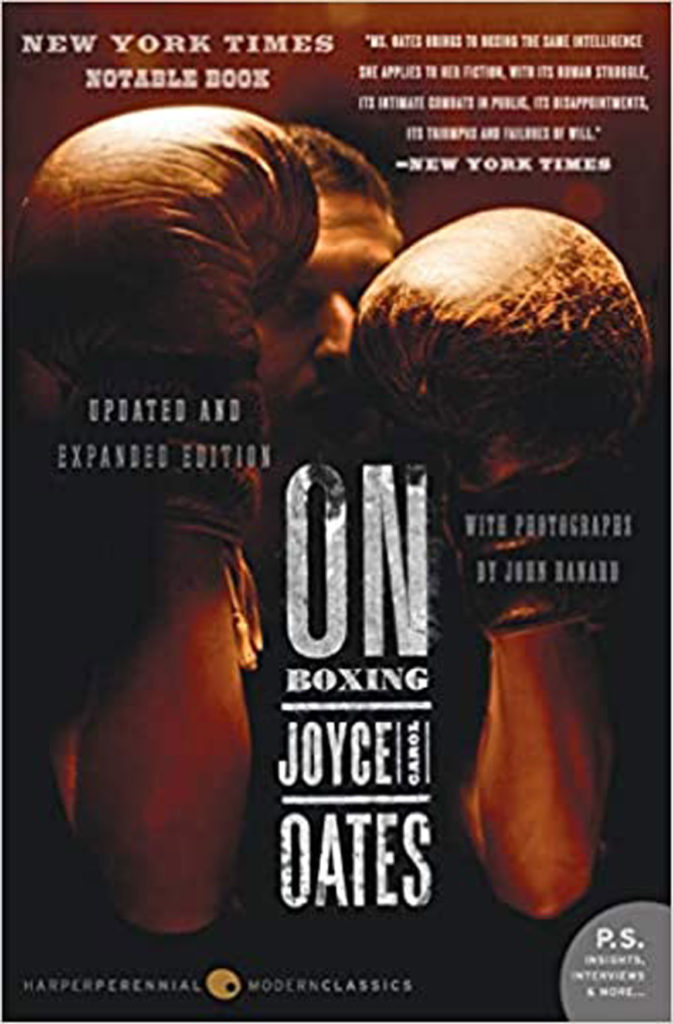
Tam Hussein, Contributing Editor
“On Boxing” by Joyce Carol Oates, raises pugilism to the sublime. Now, I suspect that if Hemingway or Mailer wrote the essay instead of Oates, it would become an instant classic instead of being confined to the few. Equally, just as I suspect had Hemingway’s book on bullfighting, “Death in the Afternoon,” been penned by her, it would probably be less celebrated. For as everyone knows, pugilism can only be written by bare chest-showing, cigar-smoking, hard men who, if they were alive now, would use tired phrases one comes to expect on the sweet science: you don’t play at boxing, etc., etc. But Oates just raises the sport to myth and strips it down to its primeval level, to the very essence of conflict about why men fight, and why we are fascinated by it. Consider the lines: “At such times one thinks: What is happening? Why are we here? What does this mean? Can’t this be stopped? … Yet we don’t give up on boxing, it isn’t that easy. Perhaps it’s like tasting blood. Or, more discreetly put, love commingled with hate is more powerful than love. Or hate.” — I rest my case.
“History of the Peloponnesian War,” by Thucydides
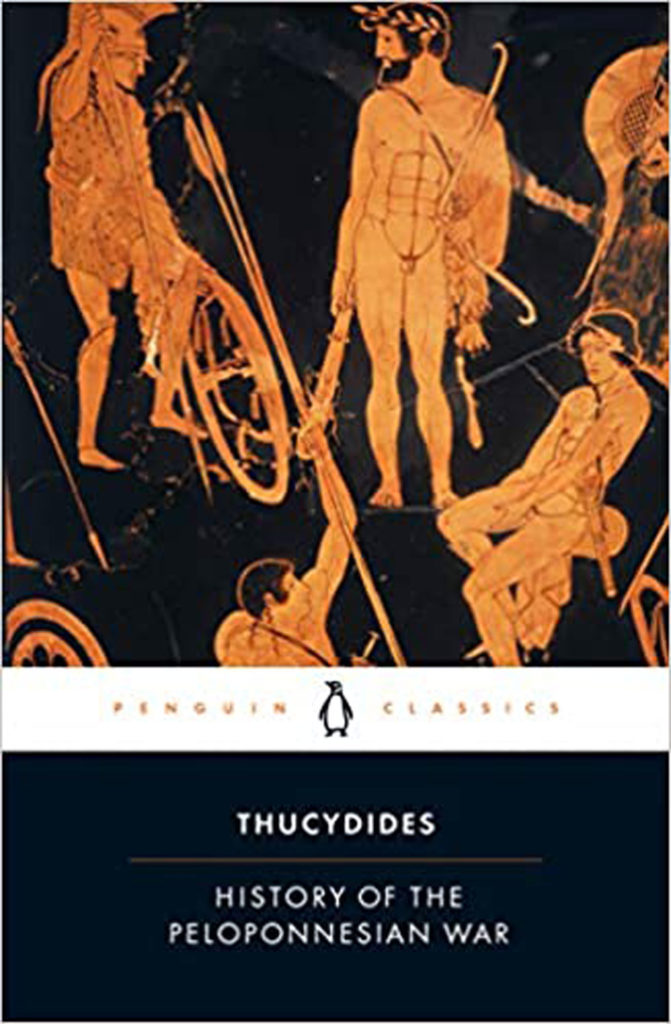
Faysal Itani, Associate Editor
It’s very difficult, obviously, to pick one favorite book. I don’t even remember all the books that had this impact on me. Off the top of my head, I would say Thucydides’ “History of the Peloponnesian War.” I don’t know of any other book that better captures the human condition and explains what went on around me as I was growing up in the Middle East. I still believe it to be the best explainer of human affairs through its emphasis on fear, greed, honor, fortune and unchanging human characteristics. I think it is required reading for anyone looking to understand or influence global affairs.
“When Breath Becomes Air,” by Paul Kalanithi
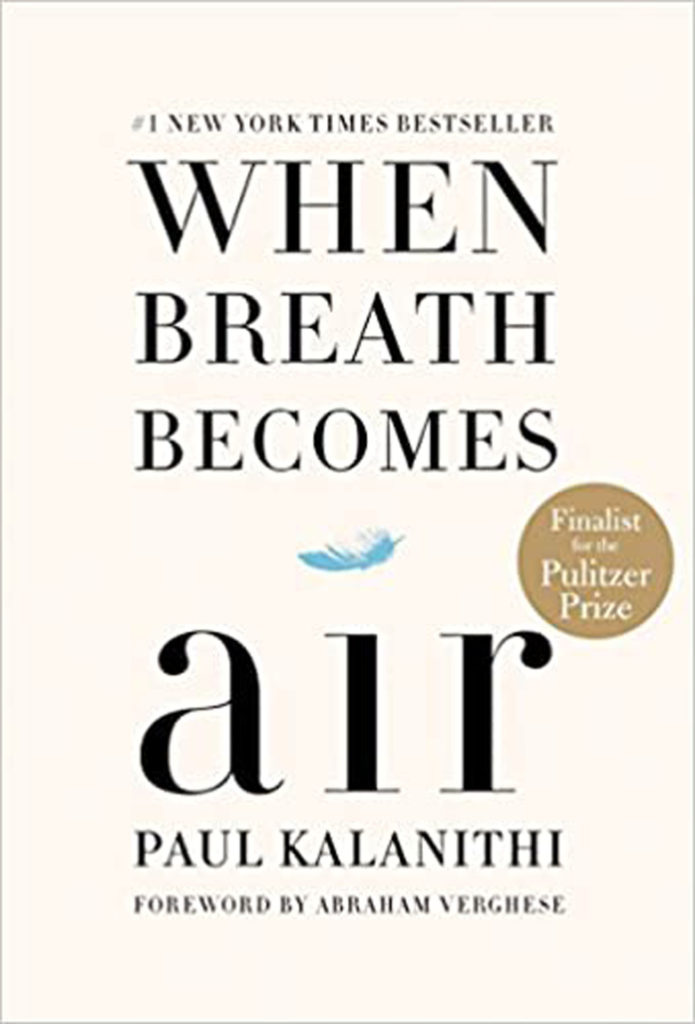
Ola Salem, Managing Editor
“When Breath Becomes Air” by Paul Kalanithi is a book about life as much as it is about death. It is a memoir of the author, a young neurosurgeon who is diagnosed with stage VI cancer. The gut-wrenching story of a young doctor and a father of an 8-month-old having to say goodbye to a promising life that he enjoyed will leave you questioning why you’d want to read a book that would inevitably leave you soaking in your own tears. The reality is, though, many do fall ill, and many are diagnosed with terminal illnesses every year, and the idea of having to face such a fate isn’t that impossible anymore. The National Cancer Institute estimated that almost 2 million people in the U.S. would be diagnosed with Cancer last year, of which more than half a million would die from it. But people often shy away from talking about their suffering or illness, for a multitude of reasons, but one that I have encountered personally is the instant labels. Sick people are pitied. Sometimes avoided. The cruelty of it makes sickness a deathly sentence. No wonder many chose to suffer in silence or try not to mention their past illnesses so they are not used against them. Paul proved that you can suffer but still have a meaningful life, feel sadness but also joy. As someone who has had cancer, I can appreciate Paul’s words.
“A Bright Shining Lie,” by Neil Sheehan
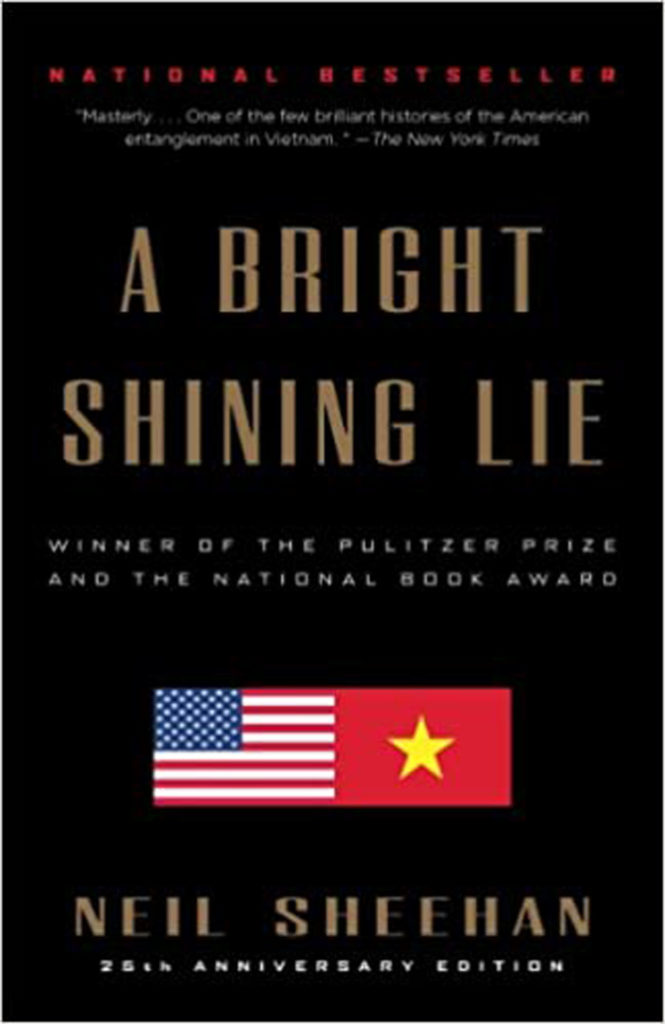
Chris Sands, South Asia Editor
“A Bright Shining Lie” is ostensibly the story of America’s defeat in Vietnam told through the life of John Paul Vann, who served in the war as a U.S. soldier and later as a civilian adviser to the military. But this book is so much more than that. Written by the former New York Times journalist Neil Sheehan and published in 1989, it is a testament to dogged reporting and the quiet, patient pursuit of knowledge. I first read it as a teenager over 20 years ago and was stunned by its ambition and depth. Even now, it feels like a towering achievement — the perfect riposte to the self-aggrandizing nature of social media and the voyeuristic dispatches of so many war correspondents. With the U.S. defeated in Afghanistan and riven by stark social and political divisions at home just as it was in the Vietnam era, “A Bright Shining Lie” is as relevant as ever. Sheehan died at the age of 84 on Jan. 7, 2021, but his journalism should continue to inspire and educate us all.
“The Demon-Haunted World,” by Carl Sagan
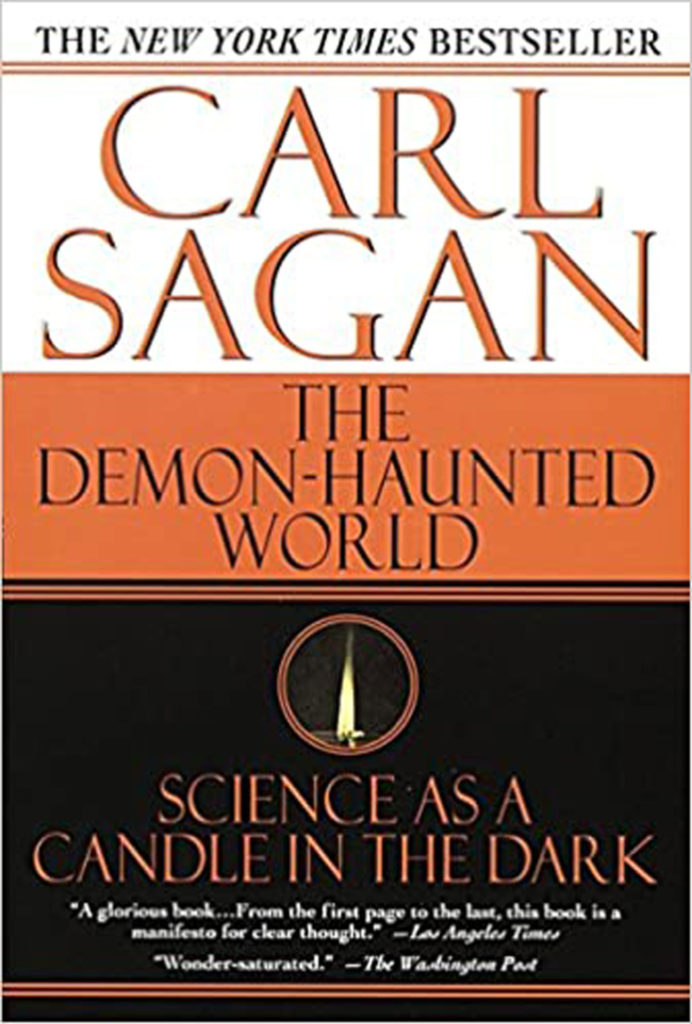
Kareem Shaheen, Middle East and Newsletters Editor
Carl Sagan is one of my childhood heroes. His “Cosmos” book and series were instrumental in making me fall in love with space, astronomy and science as a kid. This book found me as a teenager questioning a lot about life that I didn’t understand. Its central premise is an exploration of superstitions and why humans choose to believe in them, but the thing that stuck with me is Sagan’s assertion that reality in itself is so fascinating and wondrous that living in the world is a far more beautiful experience than we give it credit for.
He said this: “Science is not only compatible with spirituality; it is a profound source of spirituality. When we recognize our place in an immensity of light‐years and in the passage of ages, when we grasp the intricacy, beauty, and subtlety of life, then that soaring feeling, that sense of elation and humility combined, is surely spiritual.”
“Part of Our Time: Some Ruins and Monuments of the Thirties,” by Murray Kempton
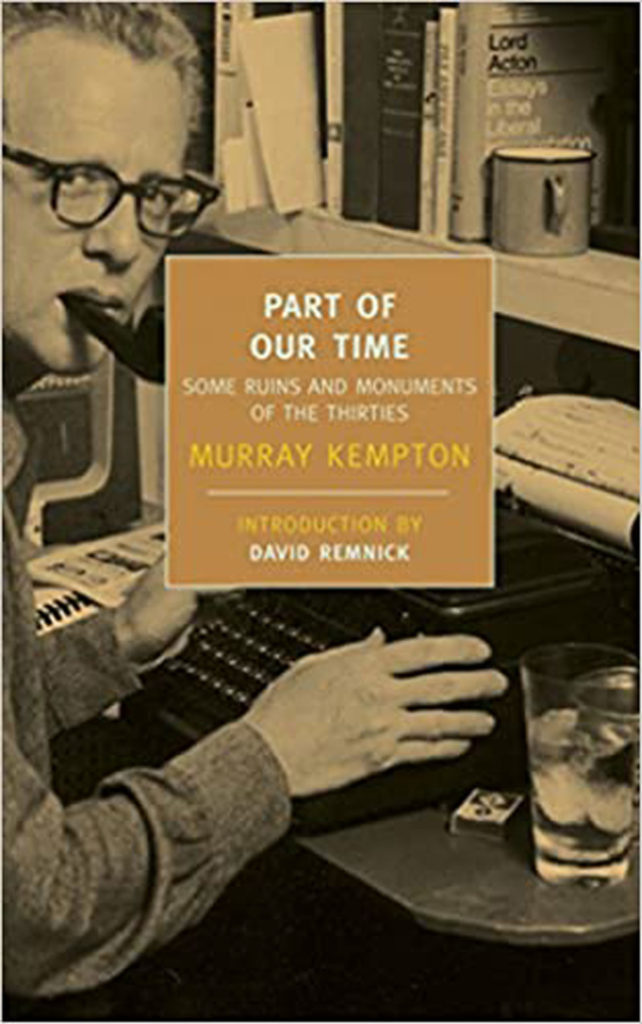
Michael Weiss, News Director
For favorite books, this is a question that depends largely on mood or the time of day, but one that’s stayed with me for a long time is Murray Kempton’s “Part of Our Time: Some Ruins and Monuments of the Thirties.” A collection of essays about radical figures of that decisive decade — Communists, spies, labor leaders, novelists and critics — the book is the perfect marriage of scrupulous journalism and thoughtful history. And Kempton, a longtime columnist for Newsday, could write better than most of his fellow deadline artists.
“Imagined Masculinities: Male Identity and Culture in the Modern Middle East,” Edited by Mai Ghoussoub and Emma Sinclair-Webb
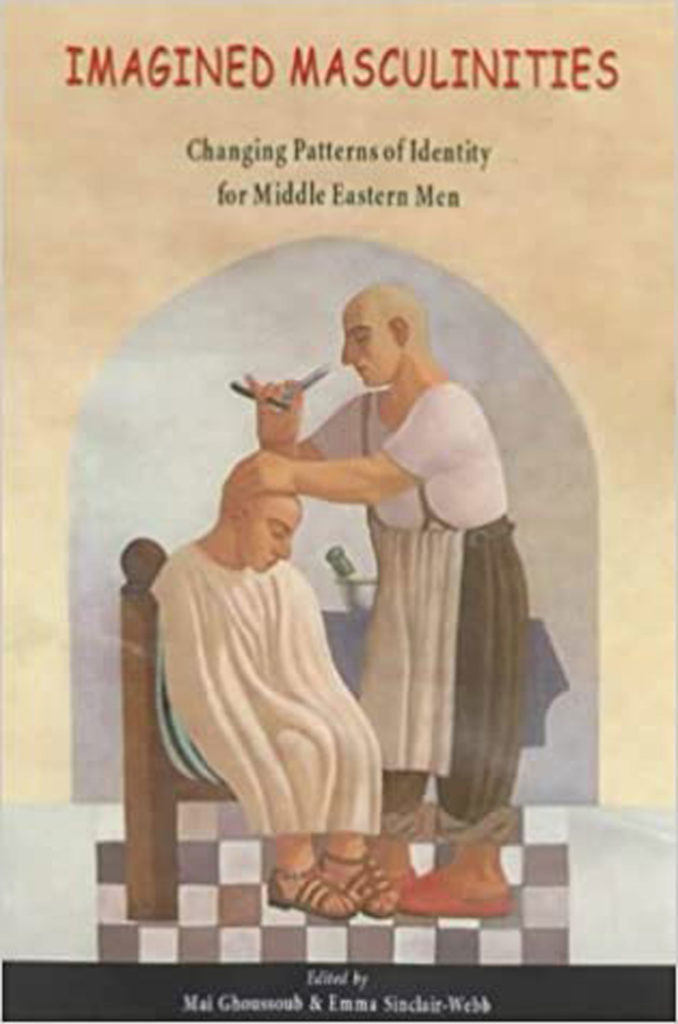
Brian Whitaker, Contributing Editor
Many books have been written about the subjugation of women in patriarchal Arab society, but it’s rare to find one that explores the source of the problem: men. “Imagined Masculinities” looks at Arab perceptions of maleness — from the admiration of strength and virility to the shunning of more feminine qualities. Along the way it takes in circumcision, military service and the importance of having the right kind of moustache. The book is about 20 years old now but has lost none of its relevance.
“A Room of One’s Own,” by Virginia Woolf
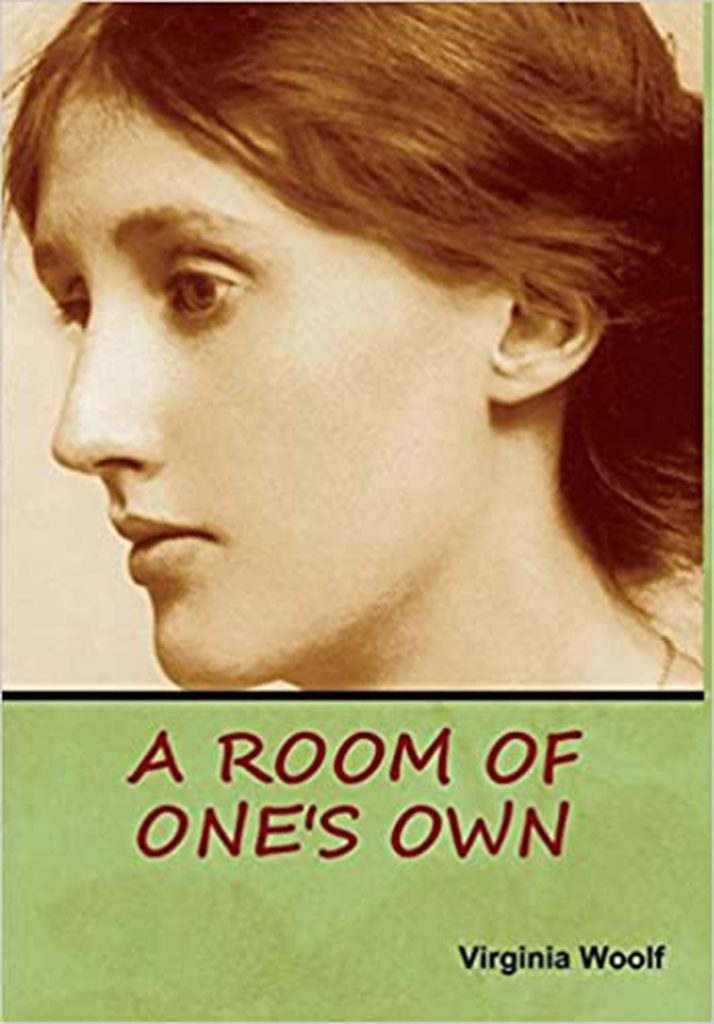
Lydia Wilson, Contributing Editor
Virginia Woolf has always been an important writer for me since I read “A Room of One’s Own,” quickly followed by “To the Lighthouse,” as a teenager. Both these books — the first nonfiction, the second a novel — have very strong voices that I’ve spent years trying to unravel to figure out just how she did it. Her essays are a constant source of inspiration both in what they say and how they say it; to my mind, she’s one of the finest essayists. For me, to pick up a book of her collected essays is to spend time with another mind and to emerge wanting to write — not to emulate her, but to continue a conversation with this mind that thinks so clearly and expresses the thoughts with such originality.
“The Napoleon of Notting Hill,” by Gilbert K. Chesterton
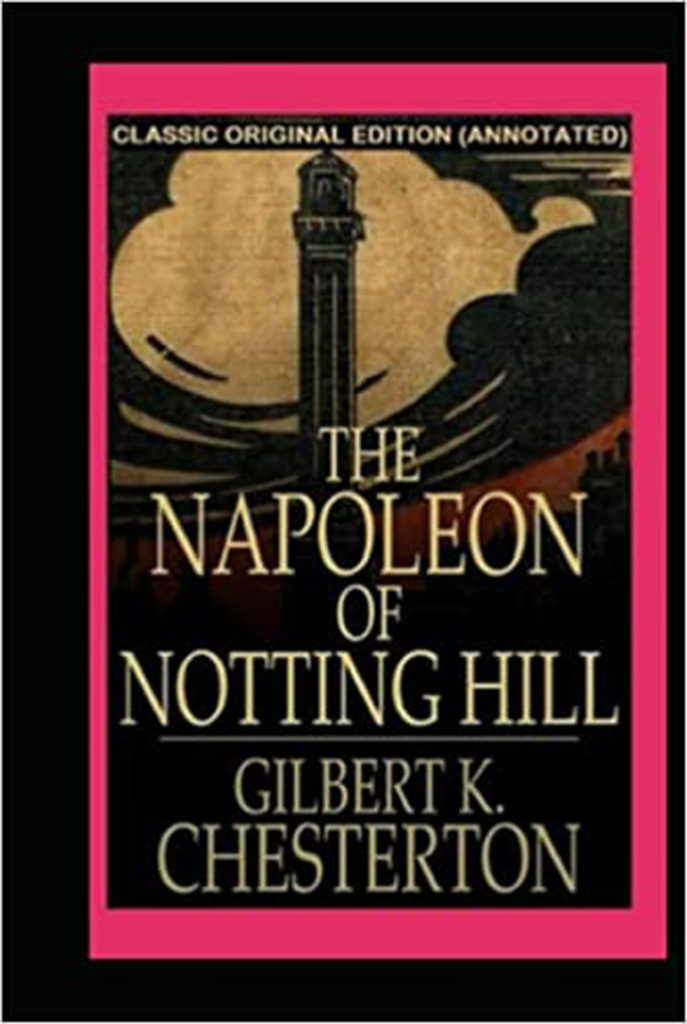
Faisal Al Yafai, Executive Editor
This year, I reread “The Napoleon of Notting Hill” by Gilbert K. Chesterton, a novel sometimes compared, not altogether seriously, to George Orwell’s “1984.” Chesterton’s book is set in the London of an alternative universe, where a careless and clownish political leader takes a joke too far, turning neighbors against each other, leading to division and conflict across the city. There are absolutely no parallels with any recent events in the U.K.


